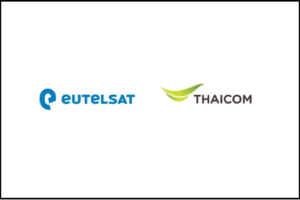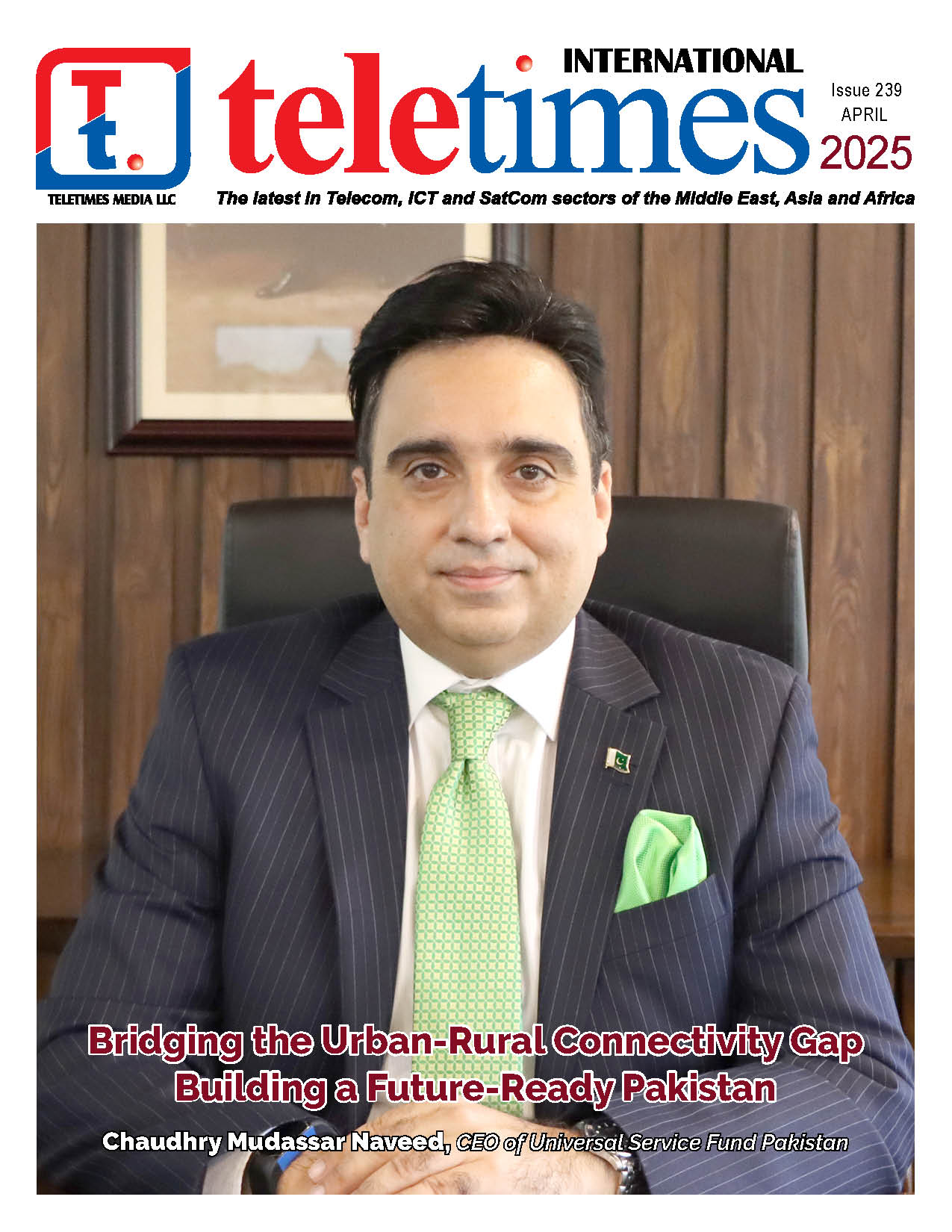Major handset makers meeting on Friday in Taipei gave their nod to a final version of the world’s first advanced LTE mobile data standard, which will raise transfer speeds to 1Gbps.
The standard, LTE-Advanced Release 10, will be ideal for seamless downloads of audio-visual files onto handhelds.
The first LTE (long-term evolution) release considered “advanced” also gives machines another way to communicate with one another: connecting sensors to detect changes in air temperature that could signal a fire or a burglary and then passing messages to emergency personnel such as search and rescue teams.
The U.N. International Telecommunication Union has said that it recognizes LTE-Advanced as one of two data transfer standards that qualify as “true 4G technologies.” The other is WirelessMan-Advanced. It says both are substantial improvements over current wireless systems.
After five days of talks in Taipei, some 800 people from firms including the world’s major handset makers and telecom companies agreed on technical details of the standard to submit next month for final approval. Participants at the 3rd Generation Partnership Project conference in Taipeihashed out the standard’s characteristics to reach the long expected accord. Manufacturers also discussed cross-licensing the technology.
Among the big names were HTC, Nokia and Samsung Electronics.
The 3GPP, a European-based partnership of six regional standards agencies, is expected to give it the nod at a conference in the U.S.
“Despite some hopefully minor exceptions, the freeze date is therefore March 2011 for…the LTE-Advanced release,” said Kevin Flynn, 3GPP’s marketing and communication officer. He called the process “on schedule.”
The LTE-Advanced standard would then be ready for manufacturers of smartphones and network equipment. But because many have already designed their hardware for an earlier version, it could take up to five years before consumers see Release 10.
“As for when it will be deployed, not that fast,” said Feng Wen-sheng, wireless communications director with a lab under Taiwan’s government-funded Industrial Technology Research Institute, the sponsor of this week’s industry meeting in Taipei. “Release 8 has just gotten started, so this one will come a bit later.
May 5, 2025











